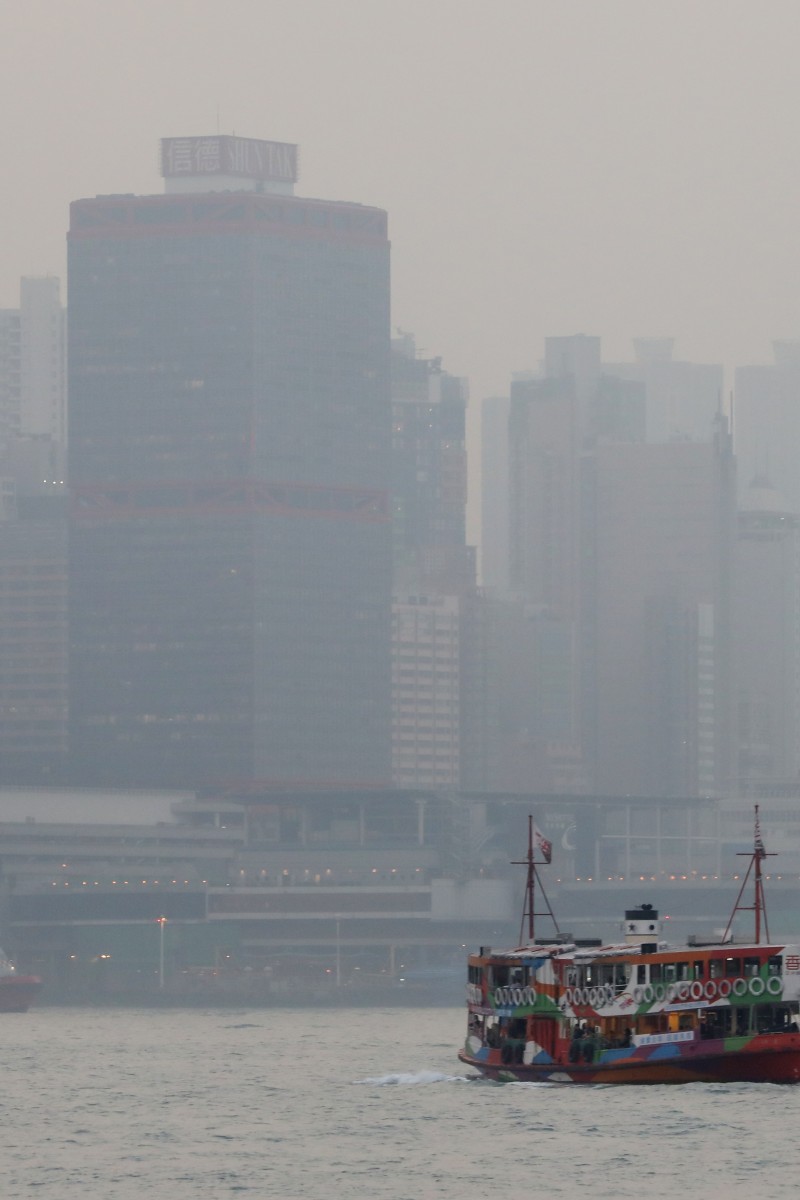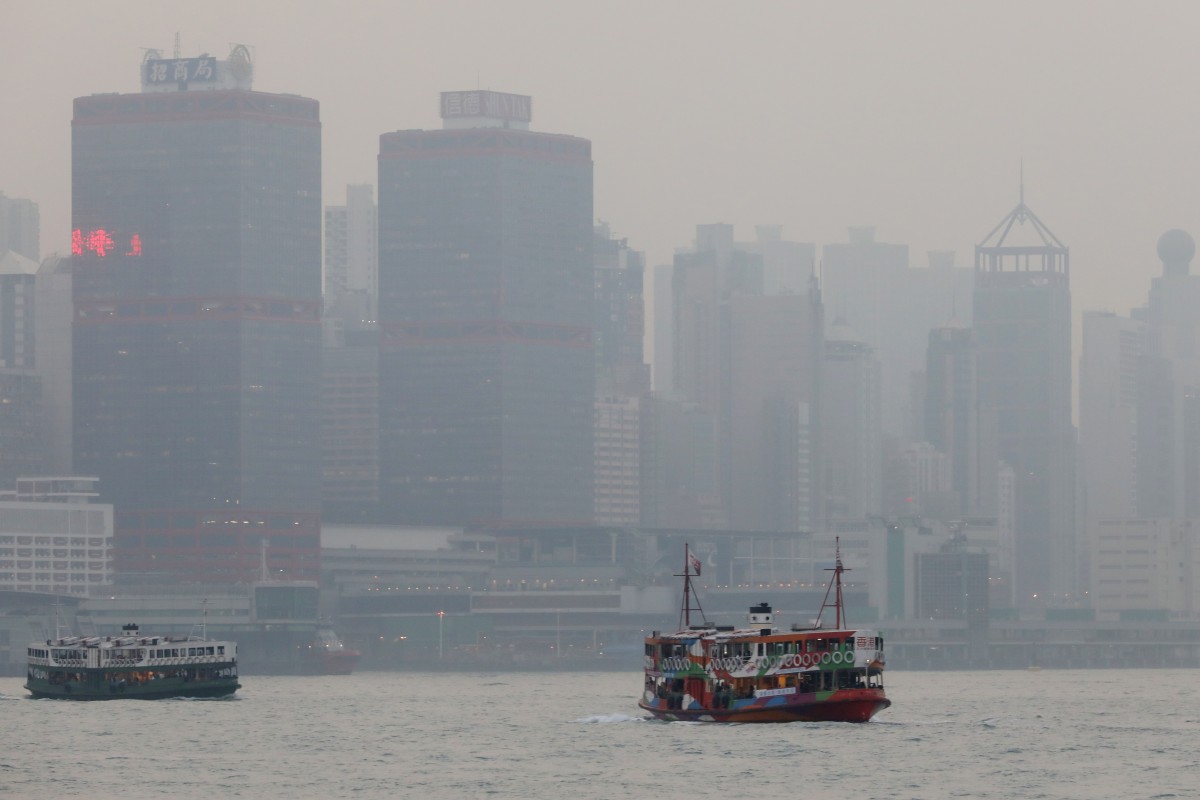
When air pollution reaches 'serious' levels in HK, do students need to do PE?
 It's best to stay indoors when the air quality is this bad.
It's best to stay indoors when the air quality is this bad.Heavy pollution resulted in the extremely poor air quality across the city on Monday. The Environmental Protection Department (EPD) recorded a 10+ on the Air Quality Health Index (AQHI) at multiple stations in Hong Kong, the highest level that indicates a “serious” health risk.
The AQHIs, which alert the public to the short-term health risk of air pollution, are reported on a scale of 1 to 10, and 10+, and are grouped into five health risk categories: low, moderate, high, very high and serious.
By Tuesday afternoon, the pollution levels had dropped to posing “moderate” health risks across the territory. Though the Hong Kong Observatory expected pollution levels to remain higher than normal until the wind strengthens over the region.
How one HKIS student's project helps reduce plastic pollution in Hong Kong
The Education Bureau (EDB) urged all schools to take measures to safeguard student’s health. When Young Post contacted the EDB, a spokeswoman referred us to the guidelines for outdoor activities on their official website, which advise schools to “suspend, cancel or postpone physical activities”, and for students to “avoid staying outdoors, especially in areas with heavy traffic” when the AQHI reaches “serious” levels.
Ho Kin-fai, an Associate Professor at the The Jockey Club School of Public Health and Primary Care in the Faculty of Medicine at Chinese University, says teens and adults face relatively lower risks of being affected compared to the elderly and young children. But people with conditions such as asthma or heart problems should still be wary.
“The issues with ozone gas are short term. You will quickly feel the effects, such as worsened asthma, and eye and throat discomfort,” Ho says, but those effects don't last. However, “particulate matter [very small solid or liquid matter in the air] pollution, such as PM2.5, causes long-term effects, including lung cancer or cardiovascular illnesses. [However, you won't develop those types of symptoms] in a single day unless you already have pre-existing conditions.”
Ho says students should cancel outdoors activities and consider moving indoors, but if you must go outside, masks may help with some types of particles. “It depends on the grade of mask you're wearing, and if you're wearing it properly,” Ho said.
